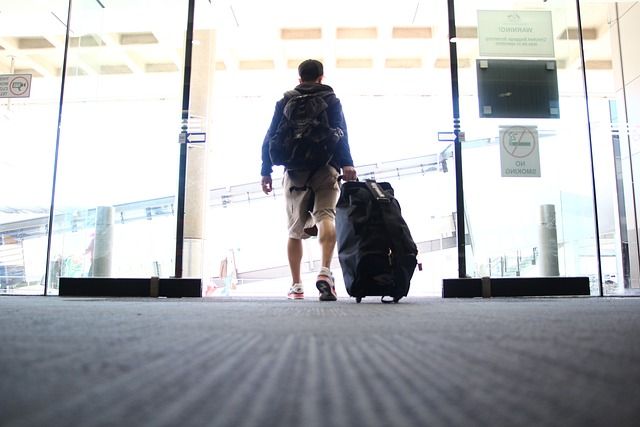Within a lifetime, Copenhagen has changed dramatically. When my mother and her African father walked the streets of Copenhagen hand in hand in the 1950s, people stopped and stared in surprise, as people of African descent were a rare sight, even in the capital.
Today, Copenhagen is a truly international city with all kinds of ethnicities and nationalities.
But for some reason—and despite Copenhagen and Denmark in general being a lot more international than they used to be—many of the foreigners working as expats don’t stay for as long as we would like them to.
Talent attraction is high on the agenda, and several industries, including my own—the life science industry—have identified talent attraction as the key barrier to growth. Yet, for some reason, roughly 2 out of 3 expats don’t stay long, according to recent immigration data from Danmarks Statistik. The question is, why?
Are we as friendly as we think?
Of course, this could relate to the legal framework and economic and tax-related incentives, but when talking to expats, another specific explanation is often highlighted, which calls for a deep dive into our own culture.
It is often considered difficult for expats and their families to build a social life here. Although we are generally considered to be nice and friendly, many foreigners seem to agree that it can be difficult to take the next step and make friends with us.
One obstacle is that we often keep work and leisure strictly separate, which means that even a very good work relationship does not necessarily convert into a friendship.
Another obstacle is that we tend to form our social circles early, and they then become rather closed. One likely explanation, which resonates with many in my network, is that we are already struggling to find time to see our existing friends. This feeling of already desperately trying to make ends meet socially greatly reduces our appetite to make new friends.
In a global industry such as life science, where competition for talent is fierce and talent retention is crucial, this soft and somewhat invisible cultural element is a barrier to growth, diversity, and innovation.
Attracting talent and convincing people to stay is no longer just a matter of favorable salary packages and career opportunities. To move to, and especially to stay in, another country is increasingly a family decision, which means that the whole family must embrace the host country and its culture and feel welcome.
Fish can’t see water
Fish can’t see water. Similarly, we Danes are often blind to elements of our own culture, simply because we take norms, habits, and social practices for granted. If you are blind, you don’t see the problem, and if you don’t see the problem, you don’t act on it.
Cultural change takes time. But I believe a few small and simple steps might help move us in the right direction. To begin with, inviting a foreign colleague or neighbor and his/her family for dinner could be one such step.
Or how about inviting a foreign colleague or neighbor to participate in sports or other social activities? One of the few occasions when Danes and Swedes do open their social circles somewhat is when we meet other parents at daycare, school, or children’s sports activities.
If our foreign guests have children, it does not take much effort to reach out and offer them a lift, invite them for birthdays, etc. Generally, it is always easier for both adults and children if you feel invited than if you feel you must ask to join.
Let’s embrace the uncomfortable fact that we are often perceived as being distant and hard to befriend, and let’s work to change that perception one step at a time.
It might not only enrich our society and economy, but perhaps also our individual social lives more generally.
David Munis Zepernick, columnist, former City Councillor, Frederiksberg


